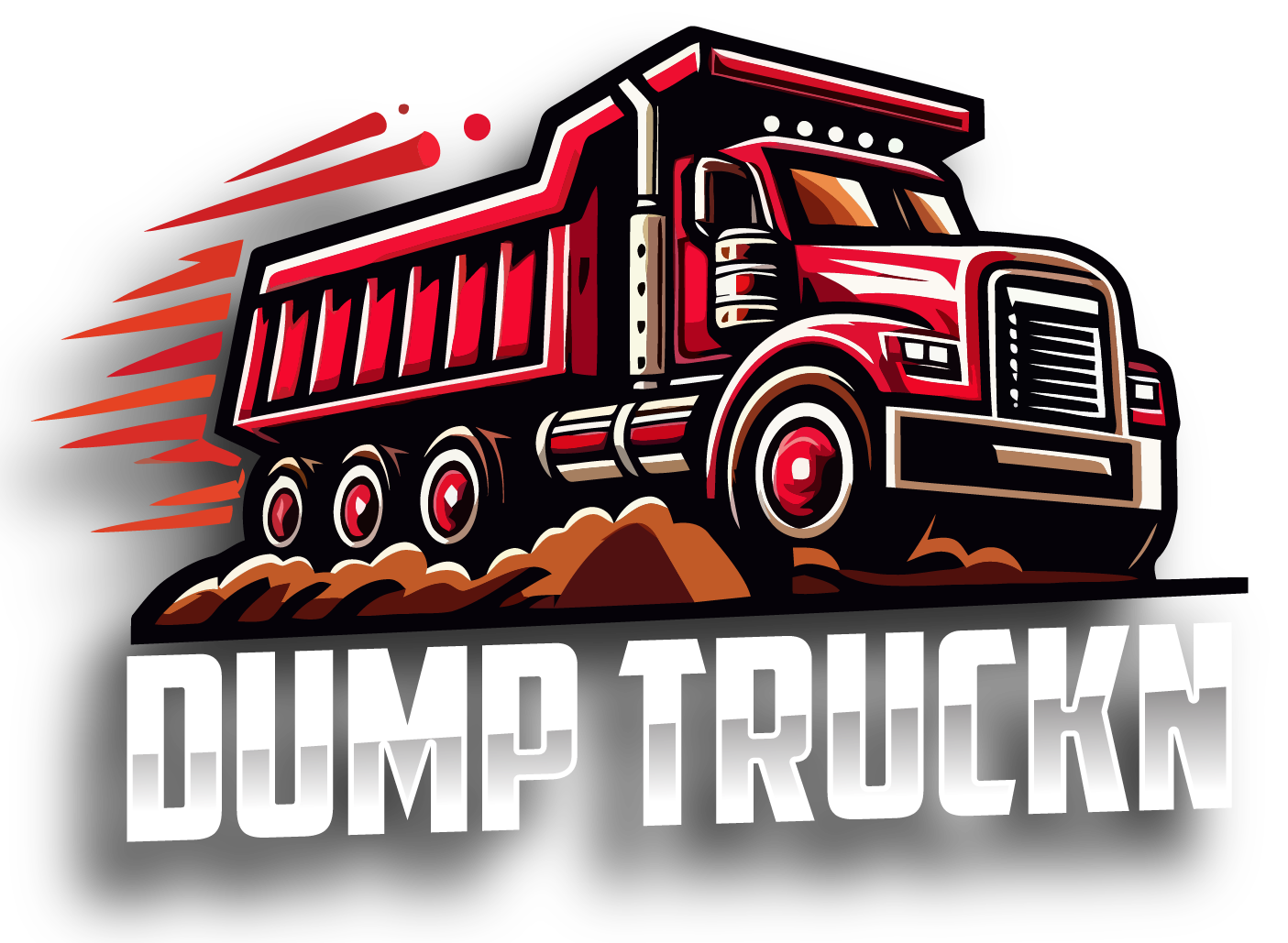How to Start A Dump Truck Business
Essential Steps to Start Your Dump Truck Business

Start your dump truck business today! It may seem daunting but owning your own dump truck business can be a rewarding venture, offering opportunities for growth and profitability in the construction and transportation industries. Whether you’re an experienced driver looking to take the plunge into ownership or a newcomer eager to break into the field, this guide outlines the basic steps to get you on the road to success.
1. Research the Industry
Before starting your dump truck business, it’s crucial to understand the dump truck industry landscape. Research local demand, potential competitors, and industry trends. Familiarize yourself with the types of services offered—such as hauling gravel, transporting construction debris, or providing landfill services—to identify your niche.
2. Create a Business Plan
A solid business plan is your roadmap for success. It should include:
- Executive Summary: Overview of your business idea.
- Market Analysis: Insights into industry trends and competition.
- Services Offered: Specific dump truck services you plan to provide.
- Financial Projections: Estimated costs, pricing strategy, and revenue expectations.
- Marketing Strategy: How you plan to attract clients.
3. Obtain Necessary Licenses and Permits
Running a dump truck business requires various licenses and permits. These may include:
- Commercial Driver’s License (CDL): Required for operating a dump truck.
- Business License: A general license to operate in your area.
- EIN: Also known as a tax ID, is how the IRS identifies your business.
- DOT Number: If you plan to operate across state lines, you’ll need a Department of Transportation number.
- International Fuel Tax Agreement (IFTA) License: If your planning to travel through multiple states, you’ll need to obtain an IFTA license.
4. Banking and Financing
Understanding your financial needs is key to starting your dump truck business.
- Checking Account: Open a business checking account.
- Credit Score: Check your credit score for free with companies like Credit Karma and address anything that will improve it.
- Financing Options: Explore financing options for the purchase of your dump truck. These may include:
- Bank Loans: Traditional loans with competitive interest rates.
- Leasing: Consider leasing a truck to minimize upfront costs.
- Grants: Research any local grants available for small businesses.
5. Choose the Right Equipment
Selecting the right dump truck is critical to your business. Consider factors such as:
- Size and Capacity: Match the truck to the type of materials you’ll transport.
- New vs. Used: Weigh the benefits and drawbacks of buying new versus used trucks.
- Maintenance Costs: Research the reliability of different models and their maintenance needs.
- Insurance: Just as you would have insurance on your personal vehicle, you’ll need insurance for your dump truck. p around and get several quotes. Ask fellow dump truck drivers on social media who they are insured by. Dump truck lenders require coverages such as:
- Liability coverage
- Physical damage coverage
- Cargo and storage coverage that covers what you’re hauling.
If you have a fleet of dump trucks and employees, you’ll also need workers’ compensation. Check with your local business insurance agent to determine what you need for your business.
6. Establish Your Brand
Creating a strong brand identity can help you stand out in the competitive dump truck industry. Focus on:
- Business Name: Choose a name that reflects your services.
- Logo Design: Invest in a professional logo that represents your brand.
- Online Presence: Build a website and create social media profiles to connect with potential clients.
7. Develop a Marketing Strategy
A robust marketing strategy is essential for attracting clients. Consider:
- Networking: Attend industry events and local business meetings to build relationships.
- Get your FREE DumpTruckN Comprehensive List of ways to find work for your dump truck and get some additional ideas for places to network.
- Online Marketing: Utilize social media, Google Ads, and SEO to enhance visibility.
- Word of Mouth: Encourage satisfied customers to refer your services.
8. Focus on Customer Service
If you’re going to start your dump truck business and be successful, excellent customer service is a key element that can set your business apart from competitors. Prioritize:
- Communication: Keep clients informed throughout the hauling process.
- Reliability: Always deliver on time and as promised.
- Feedback: Seek customer feedback to improve your services continually.
9. Implement Safety Practices
Safety should be your top priority. Establish safety protocols for operating your dump truck, including:
- Regular Maintenance Checks: Ensure your equipment is always in good working condition.
- Safety Training: Provide training for yourself and any employees on safe driving and equipment handling.
10. Stay Informed and Adapt
The dump truck industry is continually evolving. Stay updated on industry news, regulatory changes, and technological advancements. Be ready to adapt your business practices as necessary to remain competitive.
Conclusion
Starting your own dump truck business can be a lucrative endeavor with the right preparation and dedication. By following these essential steps, you’ll be well on your way to establishing a successful operation. Remember, persistence and adaptability are key to overcoming challenges and achieving long-term success in the industry.
Disclaimer: The information provided in this blog post is for informational purposes only. Any companies or services mentioned are not endorsed by us. We encourage readers to conduct their own research and due diligence before engaging with any services or companies discussed. Your decisions should be based on your individual needs and circumstances.







